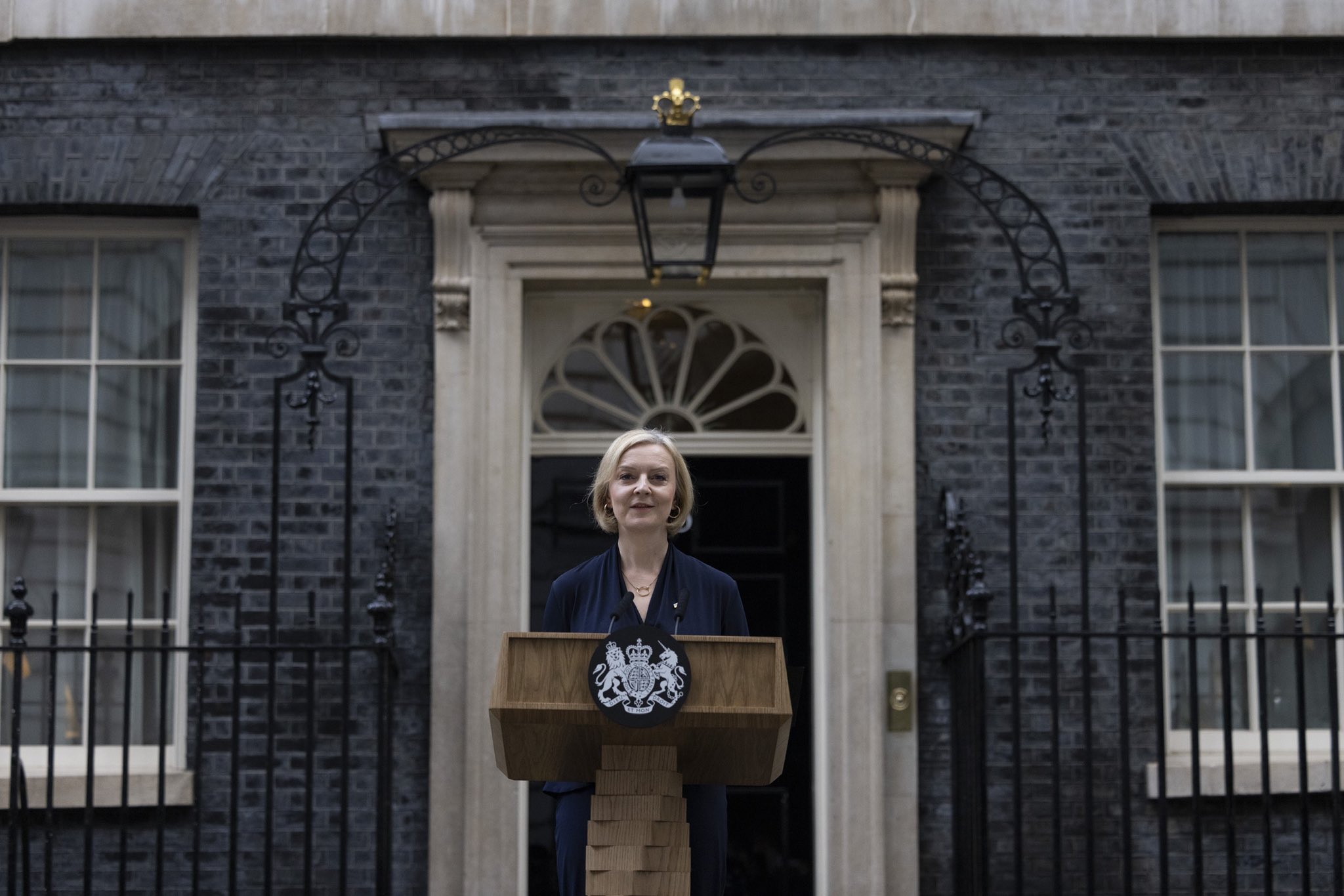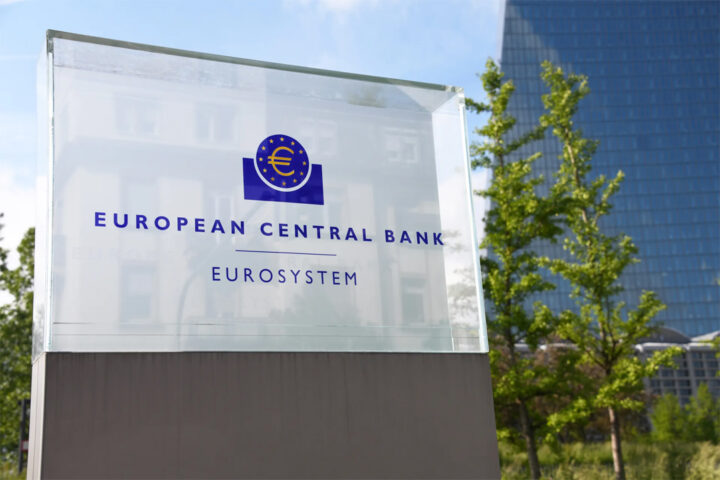Liz Truss has resigned as UK prime minister, with Conservatives expected to choose a new leader within a week.
However, her departure could fuel financial market fears as political chaos in the UK heightens, while any relief rally may be short-lived, warned the CEO of a leading financial advisory and fintech.
A day earlier, Suella Braverman resigned as Home Secretary, adding to turmoil in Truss’s government amid a backlash to unpopular economic measures.
Leading rating agency DBRS Morningstar said on Wednesday it was placing the United Kingdom AA (high) ratings “under review, with negative implications,” less than a month before its next ratings announcement, “to assess the implications of the unexpected developments in the UK over the past weeks.”
“The developments are related to the absence of clarity on the UK fiscal plans, concerns about UK policies, ongoing and considerable turmoil in the UK government bond market, a fall in pound sterling, an emergency response by the Bank of England, and higher market interest rates,” the rating agency said.
Liz Truss said in her resignation letter that, “we delivered on energy bills and on cutting national insurance. We have continued to stand with Ukraine and to protect our own security. And we set out a vision for a low tax, high growth economy – that would take advantage of the freedoms of Brexit.
“I recognise, however that, given the situation, I cannot deliver the mandate on which I was elected by the Conservative Party. I have therefore spoken to His Majesty The King to notify him that I am resigning as Leader of the Conservative Party.
“There will be a leadership election to be completed in the next week. This will ensure we remain on a path to deliver our fiscal plans and maintain our country’s economic stability and national security.
“I will remain as Prime Minister until a successor has been chosen,” she concluded.
Markets unforgiving
Nigel Green of deVere Group said that markets are unforgiving.
“We have seen this in recent weeks when the pound hit historic lows against the dollar, gilt yields jumped, and stock markets dipped due to reckless economic policies set out by the Truss government,” he said.
“I fear that market volatility will not be over despite the resignation of Liz Truss, whose leadership campaign lasted ten days longer than her premiership.”
“Investors know that the political chaos that has defined the UK throughout 2022 is nowhere near over, and this fuels uncertainty and drives turbulence in financial markets.”
The deVere chief executive said that investors will look at the facts. In the last four months alone, the UK has had four chancellors, three home secretaries and two prime ministers.
“Now there will be a third PM who will put in place his or her own cabinet,” he said.
“Currently, there’s 10.1% inflation with a stranglehold over households and business, and there is no functioning government.
“To investors, the UK looks ungovernable, and its economy resembles that of an emerging market, not a G7 nation.”
Green added that, “there will be a relief rally in markets now that Truss has confirmed her departure, it will be short-lived as political upheaval remains.
“The pound, gilt markets, amongst others, will remain under pressure for the foreseeable future.”
On Monday, Green expressed similar concerns when the new Chancellor, Jeremy Hunt, scrapped most of Truss’s economic agenda in a bid to calm markets.
“We expect that the new measures to calm financial markets will only work temporarily,” he had said.
“The massive loss of credibility cannot be regained all that rapidly. U-turns and abandoning landmark economic policy after economic policy does not inspire investor confidence and trust,” Green concluded.








